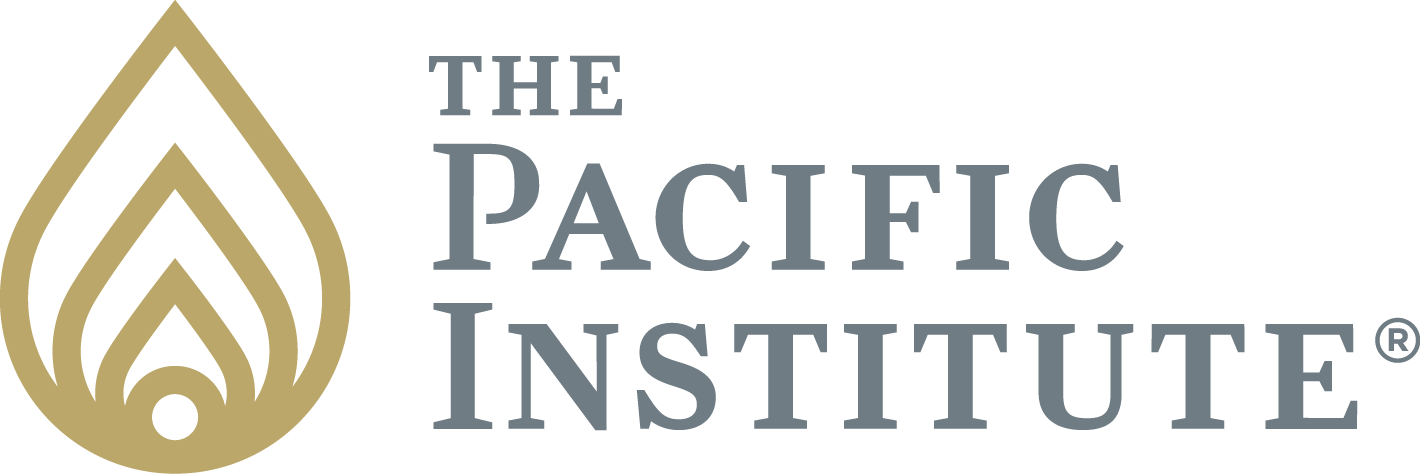Today, let’s look at a way to ask questions that will help you change your focus from problems to solutions.
If you want to make your communications as effective as possible, and if you’re interested in finding solutions to problems rather than becoming bogged down in them, here is a suggestion that will help. If you ask the right questions, you can direct your communications to get answers that are genuinely helpful.
For example, if you ask someone, “Why the frustration?” you will get an answer – often a long one – which will focus on the problem. But if you ask, “What do you need, or want?” or “How would you like to change things?” you have redirected the conversation from the problem to the solution. In every situation, no matter how dark or dismal, there is a desirable outcome. You can convince people, including yourself, to focus on that outcome, by avoiding questions that ask “why” and choosing “how” or “what” questions instead.
So, instead of asking your child why History is being flunked, ask what kind of help is needed to bring the grade up. Instead of asking your boss why you didn’t get a raise, ask what you need to do in order to justify a salary increase. And, instead of demanding from your employees why they didn’t make the sale, ask them what can be done differently so they will be certain to make the next one. The idea is to engage in the process of finding solutions, and not constrain in order to fix the blame for an insufficient result.
There always will be challenges at work or at home, even during our daily commute. And while it is important to find out the why of an accident on the streets, or an incident on the shop floor or the work site, it is far more profitable to focus our minds on what needs to be done to prevent them from happening again – finding the optimum solutions.
You get the idea. It’s a mindset shift away from blame, and toward progress. Give it a try the next time the opportunity arises. You’ll be pleased with the results.






